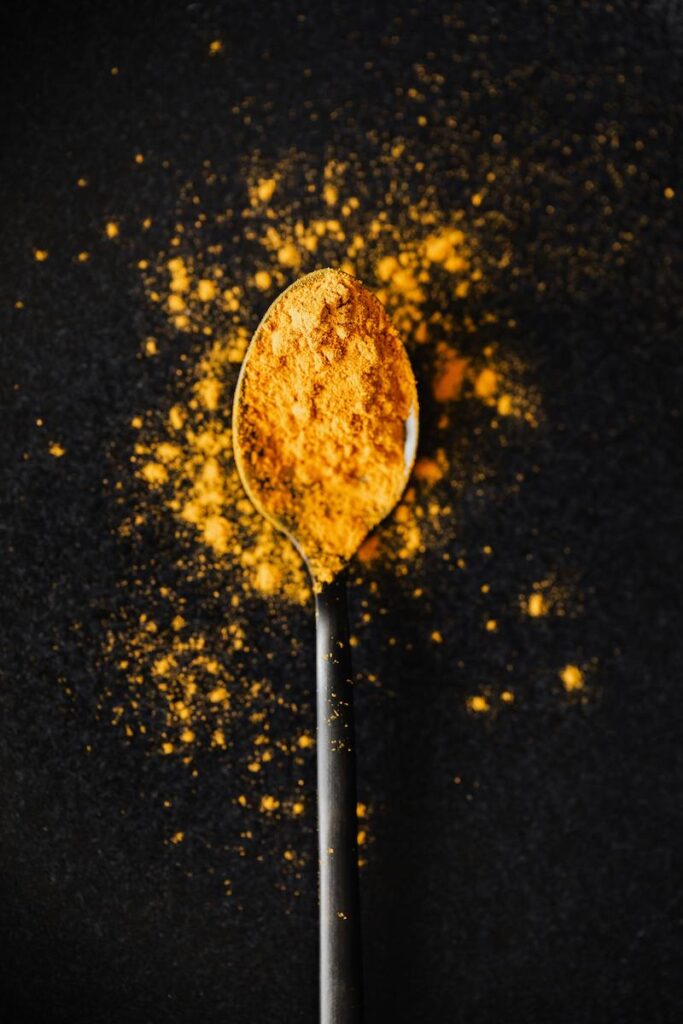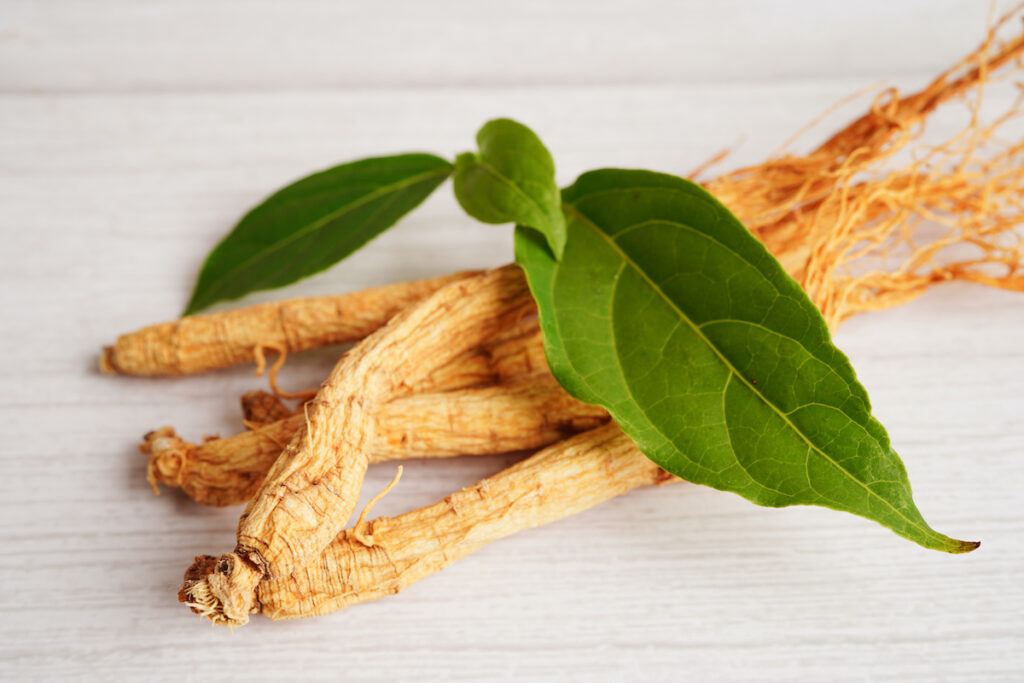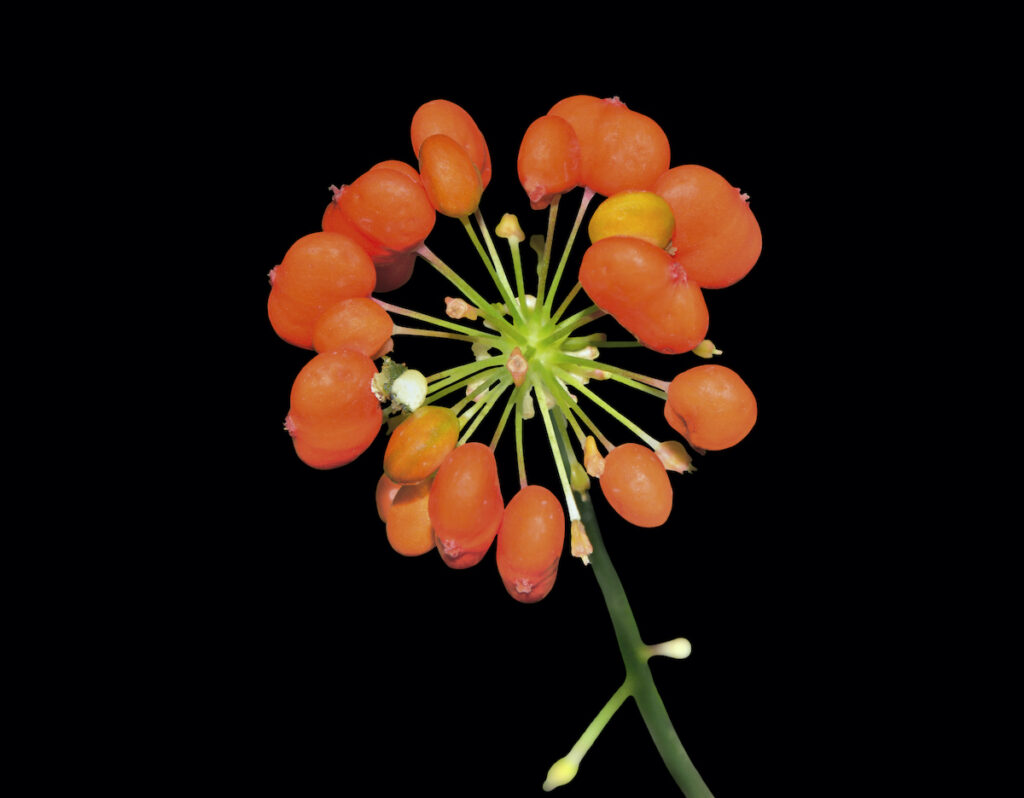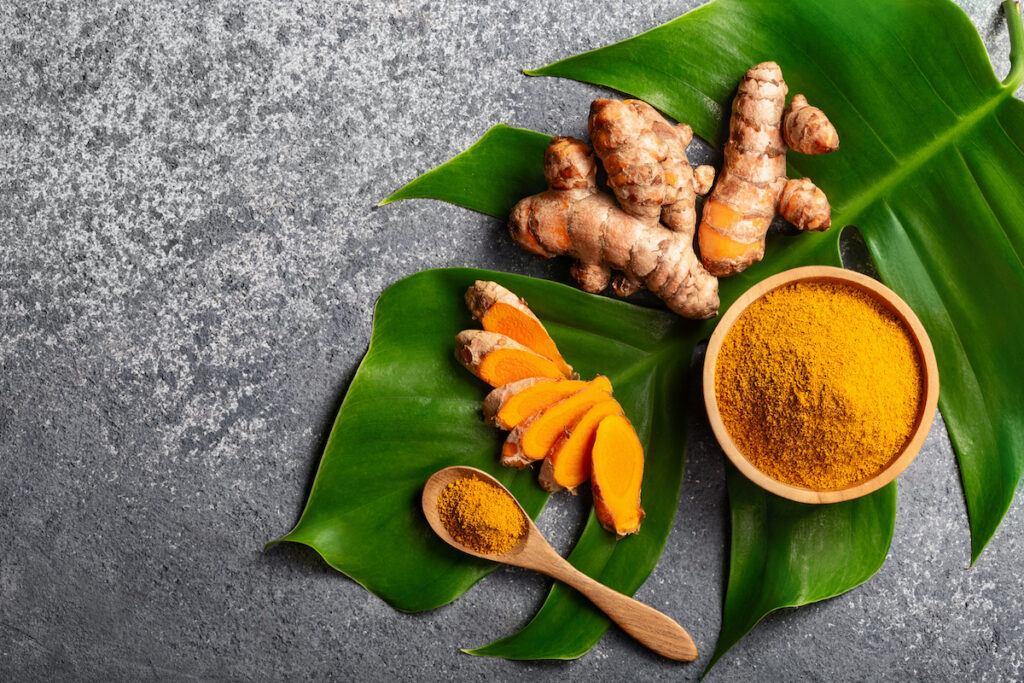Our hair is a reflection of our emotions (too much stress and it falls out in fistfuls), our health (thyroid problems and it changes texture, nutritional deficiencies and it grows more slowly) and, inevitably, our age. Of course, our greying temples are a sign of cellular ageing, but we can have white hair from our thirties or even earlier. A visible and unmistakable sign of age is baldness: whether it's baldness in men suffering from androgenetic alopecia, or thinning hair in women, hair gradually becomes thinner. Another sign of the passage of time is that hair becomes drier, dehydrating like the skin on our face.
How can we combat the signs of ageing in our hair? Today we know how to take care of our skin and slow down the effects of cell ageing thanks to effective cosmetic treatments. Why not do the same for our hair?
Like our skin, hair is alive. It therefore needs to receive nutrients - in sufficient quantity and quality - to ensure its full growth. As the years go by, hair follicles can become less efficient. Genetic causes, hormonal causes (post-partum hair loss), external causes (medication, stress, aggressive cosmetic manipulation), etc... there are many reasons for heavy hair loss, and they often combine. Rather than despairing in front of the mirror, there are natural cosmetic treatments to combat baldness, redensify your hair mass and strengthen your hair.
To combat the effects of hair ageing, certain ingredients stand out in particular. You could call them 'super hair foods', because they're so packed with benefits that help to revitalise our hair. Used in traditional Asian pharmacopoeia for thousands of years, ginseng and turmeric are powerful plants renowned for their many benefits.
Numerous scientific studies have already established their benefits in a number of areas:
- obesity
- diabetes
- anti-inflammatory properties
- rapid healing
- promising results in the fight against cancer
- anti-bacterial
- anti-fungal
and much remains to be discovered.
In the West, ginseng (Ginseng Panax) has long been known for its tonic effects, and is commonly used as an ingredient in anti-fatigue food supplements.
As for turmeric (Curcuma Longa), it has become the beauty and health food of choice for green-addicts, between golden latte and purifying mask.

Turmeric, it's good for you!

Panax Ginseng is a plant native to South-East Asia which grows in humid, mountainous regions. Traditional medicine uses all parts of the plant: root, stem, leaves and berries. The scientific community became interested in the therapeutic use of this rhizome very early on, in view of the positive results obtained for many illnesses.

Panax ginseng, roots and berries

A cousin of ginseng, turmeric is also a rhizome native to Asia. Traditionally used in food and herbal medicine (Ayurvedic medicine) to treat indigestion and liver disease, it also helps to heal wounds. Its main active ingredient is curcumin, and an increasing number of anti-hair loss properties are being discovered in this molecule every day.
With increasing attention being paid to our hair, scientists have recently published research demonstrating the benefits of ginseng and turmeric in anti-ageing hair care. Taken on their own, each plant has anti-ageing properties, but when combined, their potential seems to be increased tenfold. A number of studies have established that the combination of ginseng and turmeric maximises collagen synthesis, which is essential for the youthful appearance of the tissues.
Their composition explains their benefits.
Ginseng and turmeric: vitality and cell renewal
Responsible for protein formation, peptides of these two plants facilitate the formation of collagen and keratin, ideal for maintaining the suppleness and vitality of the hair fibre.
Polyacetylenes have yet to reveal all their secrets, but we already know that their anti-inflammatory properties play an important role in protecting cells and therefore in preventing the body from ageing.
Ginseng and turmeric : Abundance of vitamins and minerals
Almost all the B group vitamins so vital to hair vitality are present: for example, vitamin B6, which ensures the synthesis of red blood cells, and vitamin B9 (folic acid), renowned for stimulating hair growth.
In ginseng, vitamin E, renowned for its antioxidant action, is also effective in helping hair to grow back.
While the root is most often used, it is in the ginseng berries that we find a unique and particularly high concentration of active anti-oxidants. For the hair: arginine, methionine, several essential and non-essential amino acids, essential for protein synthesis and cell formation.
And in turmeric, as well as vitamin C, vitamin K ensures good blood coagulation, which is essential for transporting nutrients to the hair follicles for strengthened, fortified hair.
Ginseng, a powerful plant antioxidant
The biological composition of ginseng is complex and unique. Several of its components have undeniable anti-ageing effects on the hair.
Ginsenosides i.e. active ingredients in ginseng are numerous (150 have been identified to date). They are found in all 3 sections of the plant, but not in equal quantities.
In other words, certain active ingredients are much more present in the roots and berries (anti-inflammatory properties) than in the stem and leaves. Anti-ageing active ingredients are much more present in the berries than in the rest of the plant.
Ginsenosides are saponins, molecules found in many plants which have protective properties (in nature, they protect the plant from the greed of herbivores, as they are highly toxic to them).
Saponins help to fight free radicals, reducing the harmful oxidative stress responsible for the accelerated ageing of our hair - and our bodies.
Turmeric: specific anti-hair loss properties
Particularly interesting in the fight against androgenetic alopecia, some laboratory research has shown that its composition resembled the chemical molecules in finasteride, in particular the active ingredients that block the alopecising action of 5-alpha reductase.
Clinical tests have also shown that there are no adverse effects, even during long-term treatment, unlike finasteride, which can cause erectile dysfunction and infertility, among other side-effects.
By opting for a natural anti-hair loss solution with Clauderer Serum N°7R, you'll benefit from the advantages of turmeric, as well as many other plants, vitamins and essential oils.

A natural hair anti-ageing agent: turmeric
Another benefit of curcumin: a vasodilatory effect with no side effects. The scalp is an area of the epidermis particularly rich in blood vessels, the purpose of which is to irrigate each hair follicle. The more easily blood can circulate, the more nourished the hair follicles will be and the more they will be able to promote the growth of strong, healthy, long-lasting hair. Over time, however, this micro-circulation slows down, making it harder for oxygen and nutrients to reach the hair follicle. The result: poorer quality hair that grows less well, thins and falls out too much.
Another avenue that has yet to be explored is that curcumin stimulates the vitamin D receptor genes located in hair follicles. Vitamin D plays an important role in hair growth. Some have even established a link between vitamin D deficiency and alopecia areata.
Lastly, turmeric's anti-fungal and anti-bacterial properties can effectively combat scalp diseases such as seborrheic dermatitis: for example.
Want to regenerate your hair from root to tip? Think about hair care products that include ginseng and turmeric to strengthen your hair. By combining them, you can maximise their anti-ageing benefits. In other words, if you want to keep your hair looking young for longer, ginseng and turmeric are your friends for life!

Prolong the youth of your hair, now!

